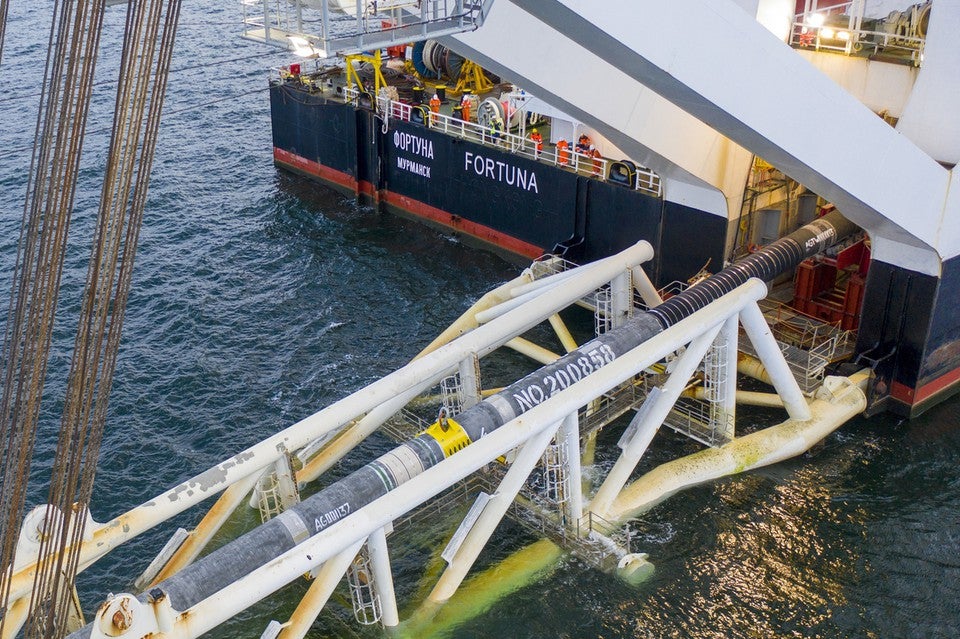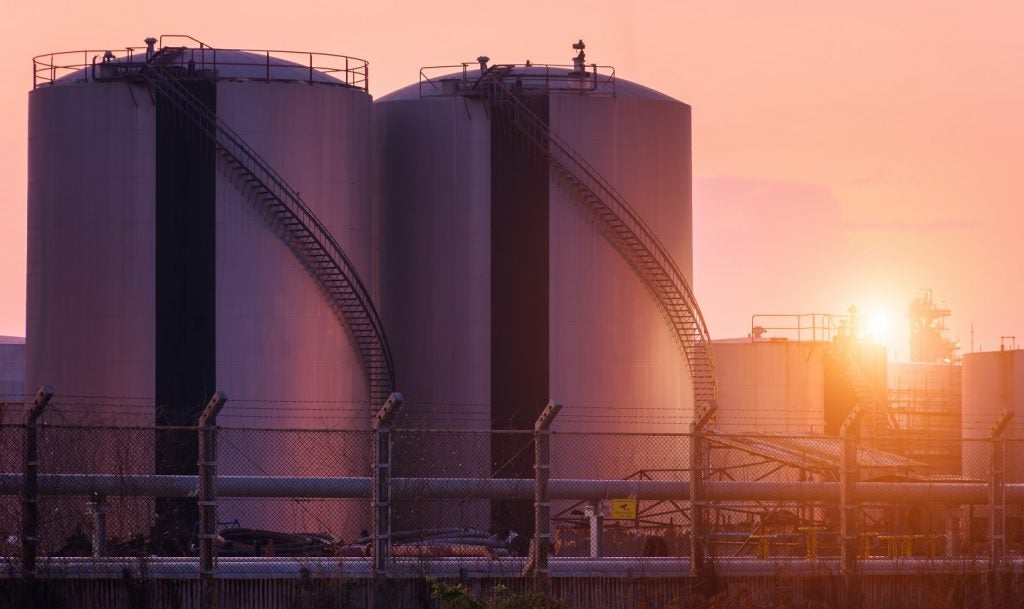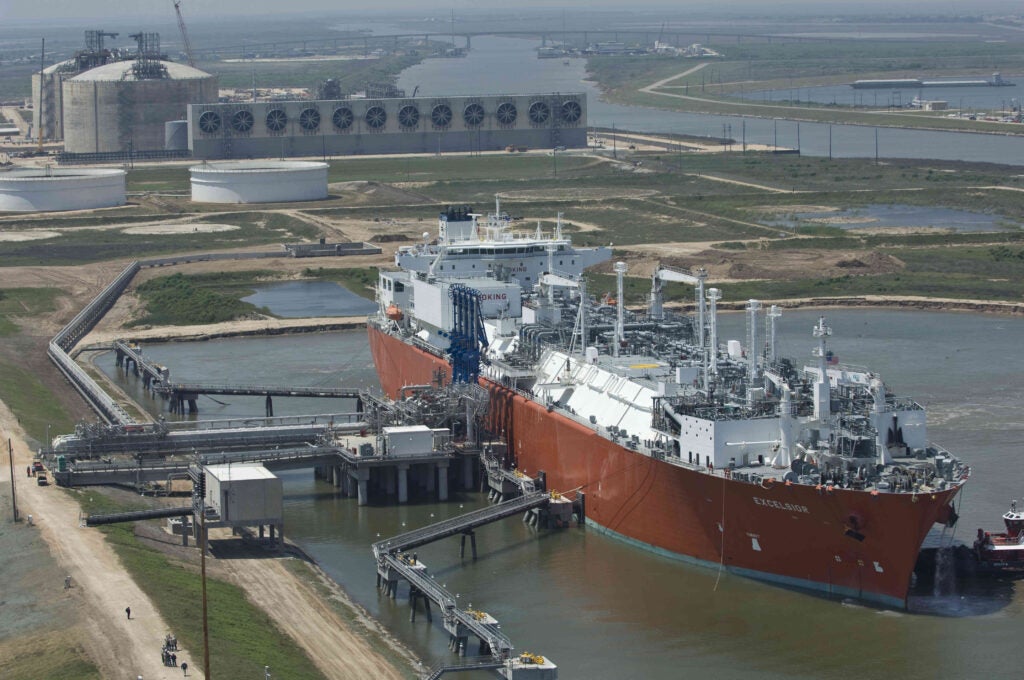
Poland’s state-owned oil and gas company Polskie Gornictwo Naftowe i Gazownictwo (PGNiG) and its German subsidiary have been allowed participation in the certification proceedings for the $11.2bn Nord Stream 2 gas pipeline project, which will have a capacity to carry 55 billion cubic metres (bcm) of gas once it becomes operational.
Earlier this month, Gazprom completed construction of the Nord Stream 2 gas pipeline, which will transport Russian gas to Europe through the Baltic Sea.
This project consists of a twin pipeline that stretches nearly 1,230km from Russia to Germany.
Nord Stream 2, the pipeline holding company owned by Gazprom International Projects, a subsidiary of Russia’s state-owned firm Gazprom, is now undertaking necessary pre-commissioning activities.
The granting of participation rights to Poland by the German Federal Network Agency (Bundesnetzagentur) is significant as Ukraine and Poland have been opposing the pipeline project.
Poland fears that the project will threaten the security of European countries while Ukraine expects to lose $3bn (£2.2bn) a year from its gas transit fees.
How well do you really know your competitors?
Access the most comprehensive Company Profiles on the market, powered by GlobalData. Save hours of research. Gain competitive edge.

Thank you!
Your download email will arrive shortly
Not ready to buy yet? Download a free sample
We are confident about the unique quality of our Company Profiles. However, we want you to make the most beneficial decision for your business, so we offer a free sample that you can download by submitting the below form
By GlobalDataTo allay these fears, in July this year, the US and Germany reached a truce deal on the dispute over the pipeline, with Berlin making a promise to impose sanctions on Russia if Moscow threatens the energy security of its neighbours.
The US has been claiming that the project will undermine Ukraine’s role in transiting energy, as well as make Europe dependent on Russian gas.
In a statement, PGNiG stated: “The German Federal Network Agency (Bundesnetzagentur, BNetzA) has granted Polskie Gornictwo Naftowe i Gazownictwo SA and its German subsidiary – PGNiG Supply & Trading GmbH participation in the certification proceedings for Nord Stream 2.”
According to Poland, the Nord Stream 2 firm does not meet the substantive conditions for certification in the preferential model of Independent Transmission Operator (ITO), reported Russian news agency Tass.
PGNiG further added that ‘a positive decision of the BNetzA would put at risk the security of supply of the EU and member states’.
PGNiG president of the management board Pawel Majewski said: “In the certification proceedings, we will also seek to ensure that the owner of Nord Stream 2 cannot avoid the application of ownership unbundling requirements, third-party access and transparent tariffs, which take into account the costs of the entire pipeline.”
Earlier this week, International Energy Agency (IEA) called on Russia to supply more gas to Europe as the continent is facing an energy crunch.
The Paris-based global energy watchdog added: “The IEA believes that Russia could do more to increase gas availability to Europe and ensure storage is filled to adequate levels in preparation for the coming winter heating season.”
This call comes following concerns in Europe over Moscow’s decision not to increase gas exports to Europe in October despite gas reaching record prices across the continent.
The EU accused Moscow of holding back gas supplies intentionally as it awaits regulatory clearance for the Nord Stream 2 pipeline project.
This project would allow Moscow to double its gas exports to Germany.
Officials at Gazprom have reportedly said that once the pipeline has been approved, Russia may increase gas sales to Europe.
The pipeline project originates from eastern Russia and passes through Finnish, Swedish and Danish waters before terminating near the German coast of the Baltic Sea.
The commissioning of the pipeline is subject to the approval of Germany’s regulator. This approval is expected to take up to four months, according to Interfax.
Russian officials expect the project to enter service by the end of 2021.
In August, a German court ruled that the Nord Stream 2 gas pipeline cannot be exempted from the EU fair competition rules that require pipeline owners to be different from gas suppliers.





